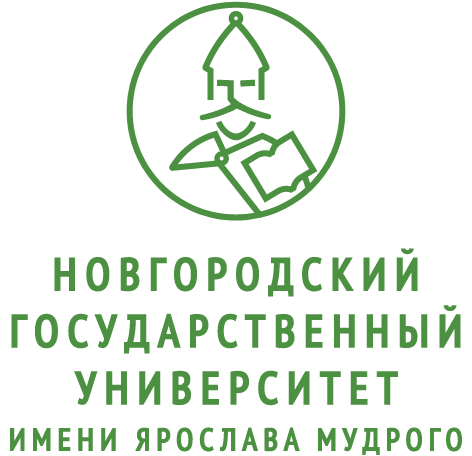Водные имена на -ово/-ево в исторических Новгородско-Псковских землях
DOI:
https://doi.org/10.34680/VERBA-2022-1(3)-38-52Ключевые слова:
гидронимы, структура, деривация, Новгородско-Псковские землиАннотация
В статье анализируются особенности структуры, деривации и мотивации гидронимов с формантами -ово/-ево, а также содержатся отдельные этимологические наблюдения. Территорией гидронимического исследования являются исторические Новгородско-Псковские земли – значительный по площади регион на Северо-Западе России, охватывающий полностью или частично территории современных Новгородской, Псковской, Ленинградской, Тверской и Вологодской областей. Статья написана в русле проводимого автором в настоящее время широкого историко-лингвистического исследования гидронимии на всем этом пространстве. Всего на этой территории было учтено приблизительно 350 гидронимов на ово/-ево, из них 95% – это имена озер, 5% – имена ручьев (т. н. риаконимы), кроме того, имеется единственное речное название (Волхово). Большинство анализируемых гидронимов трактуются в качестве дериватов с посессивным значением от личных собственных наименований и обозначений лиц. Меньшая часть водных имен восходит к апеллятивной лексике, главным образом к прилагательным с суффиксом -ов-/-ев- или к существительным, мотивировавшим такие прилагательные. Многие водные имена на -ово/-ево в письменных источниках разного времени сопровождаются вариантами с иными формантами. Такие варианты квалифицируются чаще всего как ранние, прежние структуры, от которых были образованы современные водные имена (путем наложения или замещения форманта или, реже, путем его народноэтимологического обособления по аналогии). При помощи славянских формантов -ово/-ево был адаптирован ряд гидронимов неславянского происхождения (Отолово, Липшово, Мегрово, Лимандрово и др.). Некоторые рассматриваемые водные имена являются звеньями топонимических микросистем, что позволяет конкретизировать их образование от соседних топонимов.
Скачивания
Загрузки
Опубликован
Как цитировать
Выпуск
Раздел
Лицензия
Copyright (c) 2022 Verba

Это произведение доступно по лицензии Creative Commons «Attribution-NonCommercial» («Атрибуция — Некоммерческое использование») 4.0 Всемирная.








